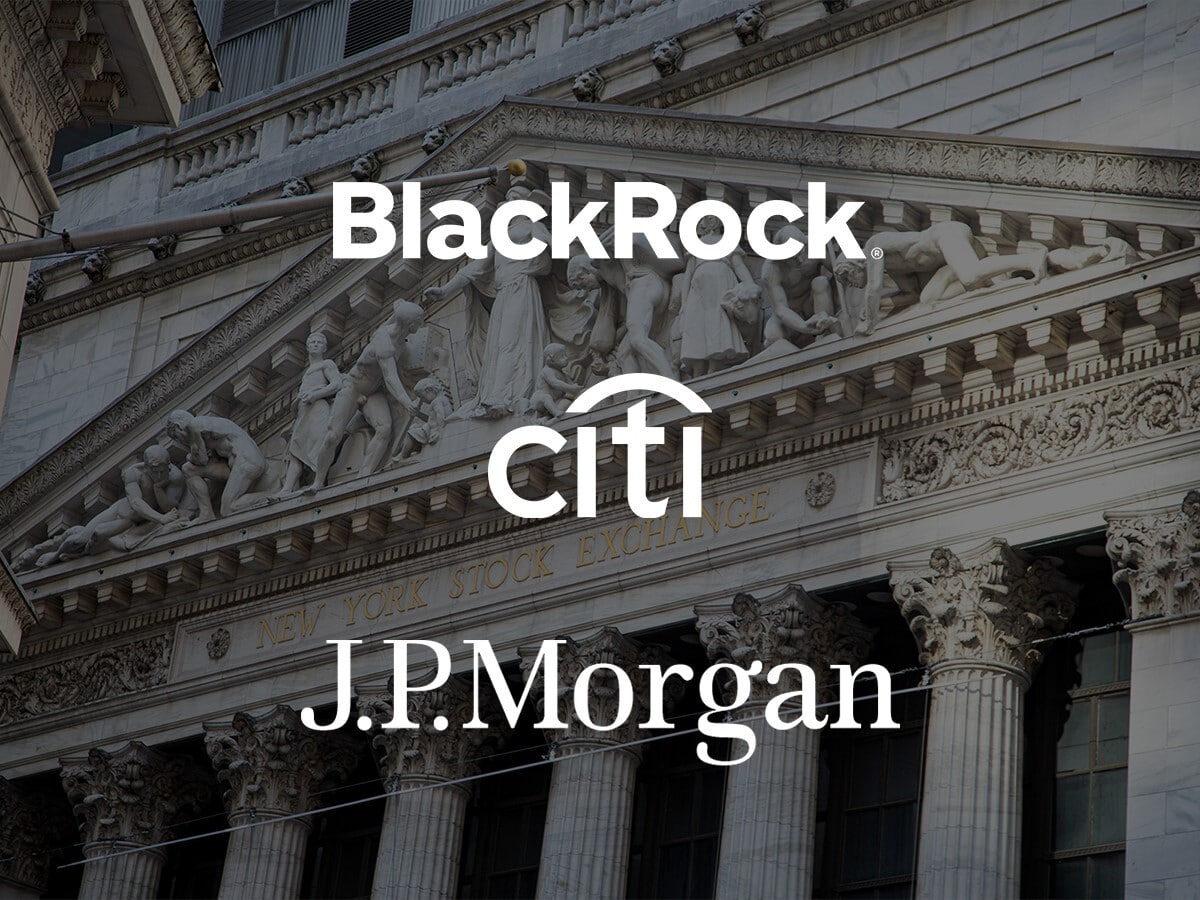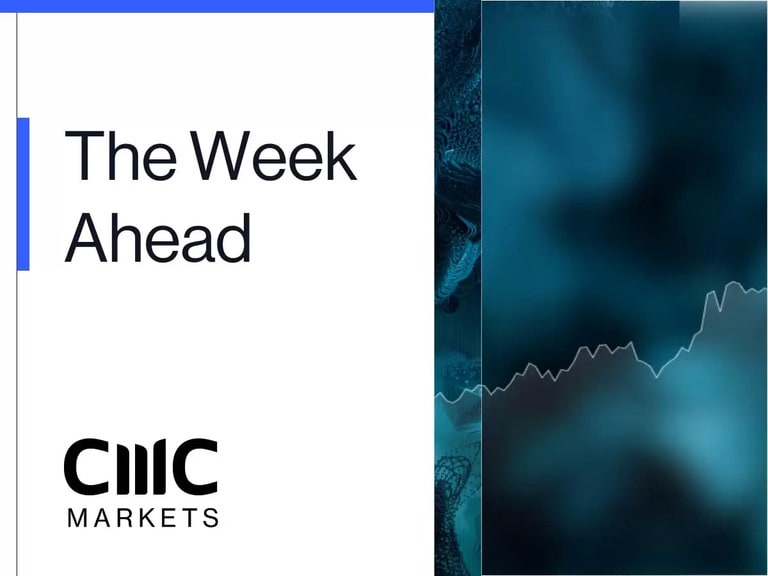Markets in Europe have continued to build on their gains of the week, with today’s US banking numbers giving a lift to European financials with Commerzbank, Deutsche Bank, HSBC, Barclays, and Standard Chartered enjoying a lift.
Europe
The DAX has once again posted a new 11-month high, the CAC 40 another new record high, while the FTSE100 briefly popped its head above the 7,900 level for the first time since the 9th of March, when the SVB crisis first broke.
The luxury sector had a good day yesterday after LVMH posted a big jump in Q1 sales that saw the shares hit a new record high. Its sector counterpart Hermes followed suit today with a similarly robust Q1 performance. Like LVMH the Asia Pacific area was a strong performer with a 22.5% rise in revenues as Q1 sales rose by 23%, with Q2 expected to see a similar performance. UK-listed Burberry has once again benefitted from a positive read-across.
Online electrical goods retailer AO World has followed up its two guidance upgrades of earlier this year with a positive end-of-year trading update, sending the shares sharply higher. UK revenues are expected to come in at £1.13bn while updating its profit guidance to the top end of its recent range upgrade of EBITDA of between £37.5m to £45m.
Fashion brand Superdry shares have plunged after the company scrapped its profit guidance, saying it may well make a loss and is possibly looking at raising extra capital, to the tune of 20%. Full-year revenue is expected to come in between £615m and £635m, with retail sales in the last two months falling short of company expectations.
US
US markets initially opened slightly lower, even as today’s US bank quarterly earnings numbers came in better than expected, while US retail sales came in worse than expected at -1%.
Despite the miss on US retail sales, US 2-year yields have pushed back above 4% to their highs of the week, as traders looked past the headline number, and looked at the better-than-expected control group, which showed that the US economy has held up well, despite the banking turmoil.
JPMorgan Chase appears to have done very well from all the March volatility, caused by the collapse of Silicon Valley Bank and Signature Bank, reporting Q1 profits of $4.10c a share, or net income of $12.6bn. Revenues also surged coming in well ahead of expectations at $39.33bn, helped by a better-than-expected performance from FICC sales and trading with $5.7bn.
Total deposits also received a lift coming in at $2.38trn, however in a sign of concern about the US economy, the bank raised its provisions by a $1.1bn build in its reserves.
Net Interest margin saw a big improvement rising to 2.63%, well above the consensus of 2.39%. In spite of all the recent uncertainty JPMorgan CEO Jamie Dimon painted an upbeat outlook, saying that consumer spending “remained healthy”. The bank raised its full-year outlook for net interest income from $73bn to $81bn, with Dimon saying that he expects inflation to remain higher for longer, which could weigh on the economic outlook.
Wells Fargoalso had a decent quarter with Q1 revenues also beating expectations, coming in at $20.73bn, and also $3bn above the same period last year. Profits came in at $1.23c a share, also although the bank set aside another $643m in respect of credit losses, $379m of which is down to (CRE) commercial real estate. Despite the March banking turmoil that was caused by the rise in interest rates Wells Fargo saw NIM rise more than expected, coming in at 3.2%. On the loan side of the ledger, it was notable that total average loans came in below consensus forecasts, perhaps not surprising for a bank that has a big mortgage presence.
Citigroupcompleted a holy trinity of US banking beats with Q1 revenues also surging, rising 12% to $21.45bn and EPS of $1.86c a share. As in the case of JPMorgan FICC trading revenue benefited from the sharp movement in rates markets, with $4.45bn comfortably beating consensus. The equities business underperformed. Provisions came in higher than expected rising by another $2bn.
On the downside,Boeing shares are lower after the company halted deliveries of some of its 737 MAXs over concerns over the standard of some of the parts that are used on the rear of its planes. Coming on top of the delays to its Dreamliners in February it’s the last thing the company needs as it looks to restore confidence in its battered reputation.
FX
The US dollar has enjoyed a modest end-of-week rebound at the end of what has been a negative last few days, with the sharp jump in the University of Michigan 1-year inflation expectations to 4.6% from 3.6% prompting some profit taking on this week’s short positions. The rise in US 2-year yields is also prompting some positive US dollar flow, however, the way markets have been behaving in recent days it wouldn’t take much to prompt further US dollar weakness.
Despite today’s US dollar strength, the greenback still remains down on the week against many of the other G10 currencies with the exception of the Japanese yen which is still looking soft on the basis that the Bank of Japan is no closer to tightening its current loose monetary policy.
The euro is also off its highs of the week and striving to maintain its foothold above the 1.1000 area as it looks to move higher on the basis that we could see another 50bps when the ECB meets next month.
Commodities
Crude oil looks set to finish the week close to its highs, with the better-than-expected numbers from the US banks suggesting that a slowdown in the US economy still remains some way off, and that appears to be helping to support prices.
Gold prices have dropped sharply from their intraweek highs as the US dollar enjoys an end of week rebound and the sharp rise in yields that accompanied the better than expected core retail sales numbers and unexpected rise in 1 year inflation expectations.
Volatility.
Shares in the UK grocery retail giant Tesco saw heightened levels of price action on Thursday in the wake of earnings news. Despite the cost-of-living crisis and a mantra of putting customers first, shareholders were placated with the dividend being maintained and an update on share buybacks. The underlying added close on 3% at one point, with one day vol coming in at 41.45%, up from the 29.6% monthly print.
Soft commodities were also in focus with Sugar again the standout. Another run higher stalled below the 25-cent mark, with profit taking once again winning out, whilst supply concerns in the summer may be an issue, prices are close on 50% higher than they were in September. One day volatility printed 51.18%, up from 37.6% on the month.
CMC’s proprietary agricultural index, which is a weighted basket of 12 soft commodities, also saw elevated levels of price action on Thursday. One day vol here sat at 24.48% against 21.54% for the month, with some significant divergence in the behaviour of constituents being seen.
Elsewhere the mood remained subdued, with GBP/AUD managing to provide a little interest in terms of movement for currencies. The uptrend which has been in play for the last few months appears to have stalled, with yesterday’s news of a stagnating UK economy in light of industrial disputes weighing on the Pound. One day vol came in at 8.58%, a little up on the one-month reading of 8.46%.
CMC Markets erbjuder sin tjänst som ”execution only”. Detta material (antingen uttryckt eller inte) är endast för allmän information och tar inte hänsyn till dina personliga omständigheter eller mål. Ingenting i detta material är (eller bör anses vara) finansiella, investeringar eller andra råd som beroende bör läggas på. Inget yttrande i materialet utgör en rekommendation från CMC Markets eller författaren om en viss investering, säkerhet, transaktion eller investeringsstrategi. Detta innehåll har inte skapats i enlighet med de regler som finns för oberoende investeringsrådgivning. Även om vi inte uttryckligen hindras från att handla innan vi har tillhandhållit detta innehåll försöker vi inte dra nytta av det innan det sprids.






